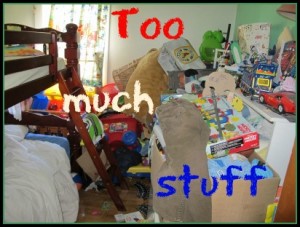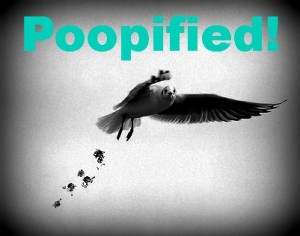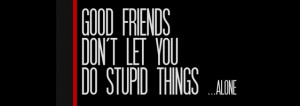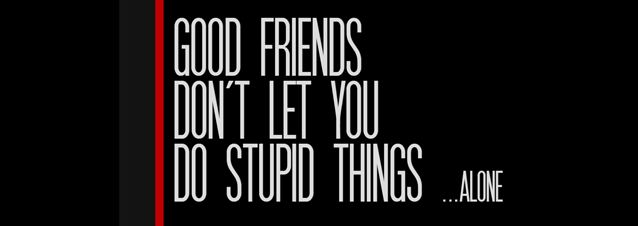Is too much stuff really a problem? Or is it more the ratio of time and energy we spend acquiring things to the amount of time and energy we spend using those things that counts.
Here is a little something from Jagad Guru Chris Butler:
“In his book Small Is Beautiful, noted British economist E. F. Schumacher wrote:
Insights of wisdom … enable us to see the hollowness and fundamental unsatisfactoriness of a life devoted primarily to the pursuit of material ends, to the neglect of the spiritual. Such a life necessarily sets man against man and nation against nation, because man’s needs are infinite and infinitude can be achieved only in the spiritual realm, never in the material.*
It is a fact that no matter how much sense gratification a person gets, he will never be satisfied. Material food, material things, material sense gratification cannot satisfy the atma (spirit soul). Just as the body needs material food, so the spirit soul needs spiritual food. To try to satisfy one’s spiritual craving with material things leads to endless consumption, greed, envy, violence, and war. Western people have as much sense gratification as one could ever want, yet they are not satisfied. Why? Because they are spiritually empty.”
Jagad Guru Chris Butler – wisdom in daily life
© 2007 Science of Identity Foundation
* E. F. Schumacher, Small Is Beautiful: Economics as if People Mattered (New York: Harper and Row, 1973), p. 38
“Things” are highly overrated. It’s not that we should not want things, but craving them and having to have them and spending so much of our life energy pursuing them is really a waste of time. The main use of things is to give us life energy, yet so many things only sap it up.
Maybe less focus on things we don’t have and more on those we do, would do the trick. Perhaps it is the ratio of time and energy we spend acquiring things (and fixing and maintaining them, of course) to the amount of time and energy we spend using those things that counts. Maybe we should acquire fewer things and use those things we do have more.
Image courtesy of Bill Longshaw / FreeDigitalPhotos.net













